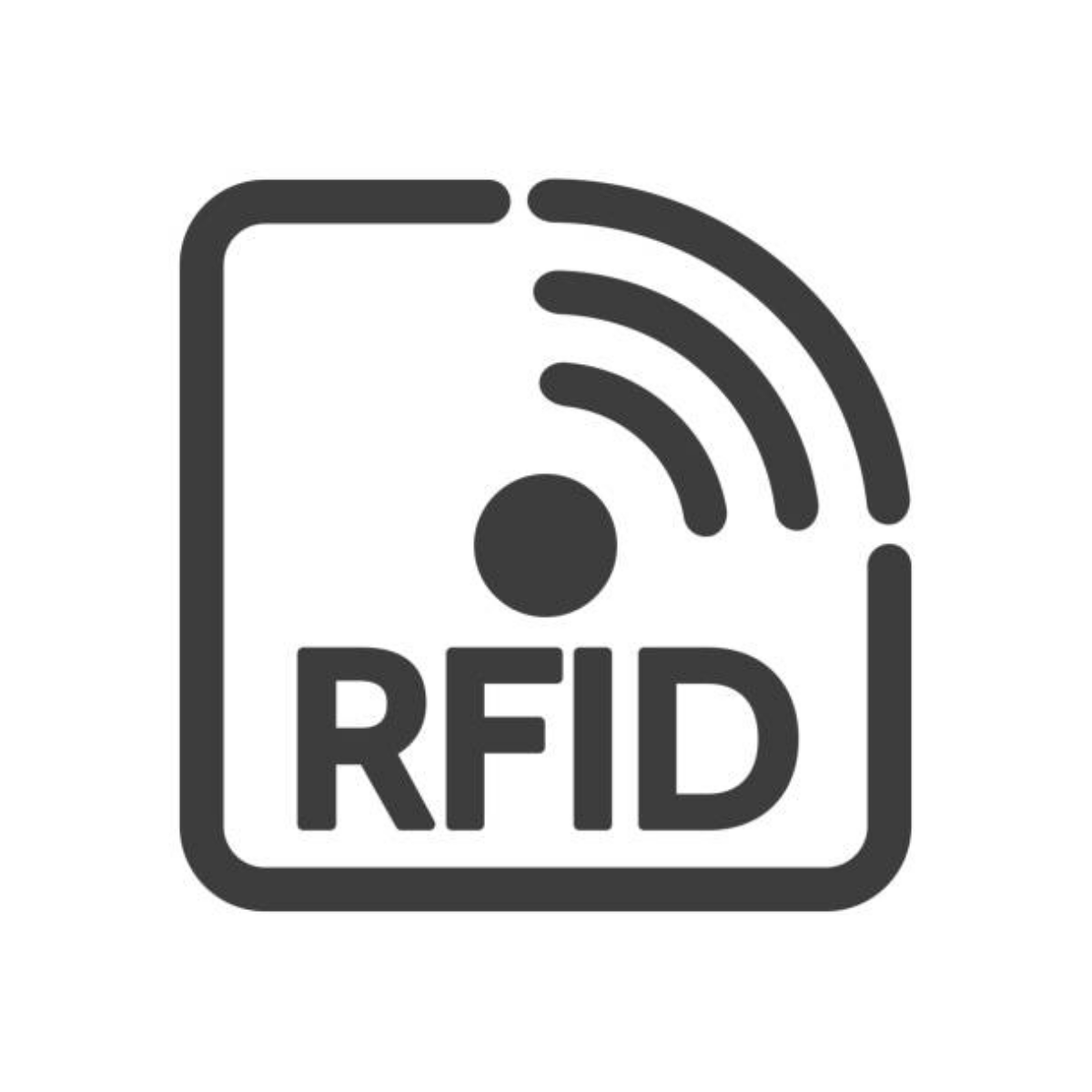Created by the Icare Institute in 2005, the RFID Center provides advice and assistance to Swiss and international companies and institutions. Its mission is to promote the adoption of automatic identification technologies and to accompany their deployment according to new modern interoperability standards. This approach is essentially based on the respect of future standards, and on the consideration of issues related to privacy and data security. Its vision: a world of intelligent, interconnected objects – the Internet of Things – leading to a dramatic improvement in industrial productivity and the quality of life of citizens.
Radio Frequency Identification (RFID) is the use of electronic markers – or “tags” – consisting of a miniaturised data storage system and antenna, and capable of transmitting the information they contain from a distance. The marker allows the storage of different information, but usually contains at least one identification code for the marked object. Compared to barcodes, RFID technology has the advantages of greater reading distance, greater storage capacity, no need for line-of-sight between tag and reader, and full automation of the processes involved. During 2008 and 2009, a significant part of the research activities was developed in the field of vision and tag recognition in one and two dimensions using mobile phones equipped with a camera. In 2011 we created a competence centre in the field of object identification. IDCenter, in order to enhance the technologies developed over the last 5 years.
The need for traceability drives developments
The new standards for Data Matrix codes are being implemented and the rise of mobile phones with integrated cameras is replacing expensive RFID tag readers. We are truly at a turning point in a world where traceability is becoming increasingly important. In the same way, you could see the progress of an order or the progress of an urgent parcel from your mobile phone.
As part of the ongoing project to enrich walking routes, additional information can be provided dynamically from a mobile phone or computer to inform hikers or skiers of dangers or sudden changes in weather conditions. They can also be told what time a bus is waiting for them at the end of their journey.
Creating an RFID database for the European Commission
The Global RFID Interoperability Forum for Standards (GRIFS) consortium, funded by the European Commission, aims to foster communication between the multiple standardisation organisations around RFID (Radio Frequency Identification, or electronic tags). Within the framework of this programme, an online database has been set up, developed by the Icare Institute, on almost 200 standards. Users can search for fields of application, the organisation of standardisation and the status of standardisation. All European companies and research centres can thus maximise the interoperability of their new developments in the field of the Internet of Things.

